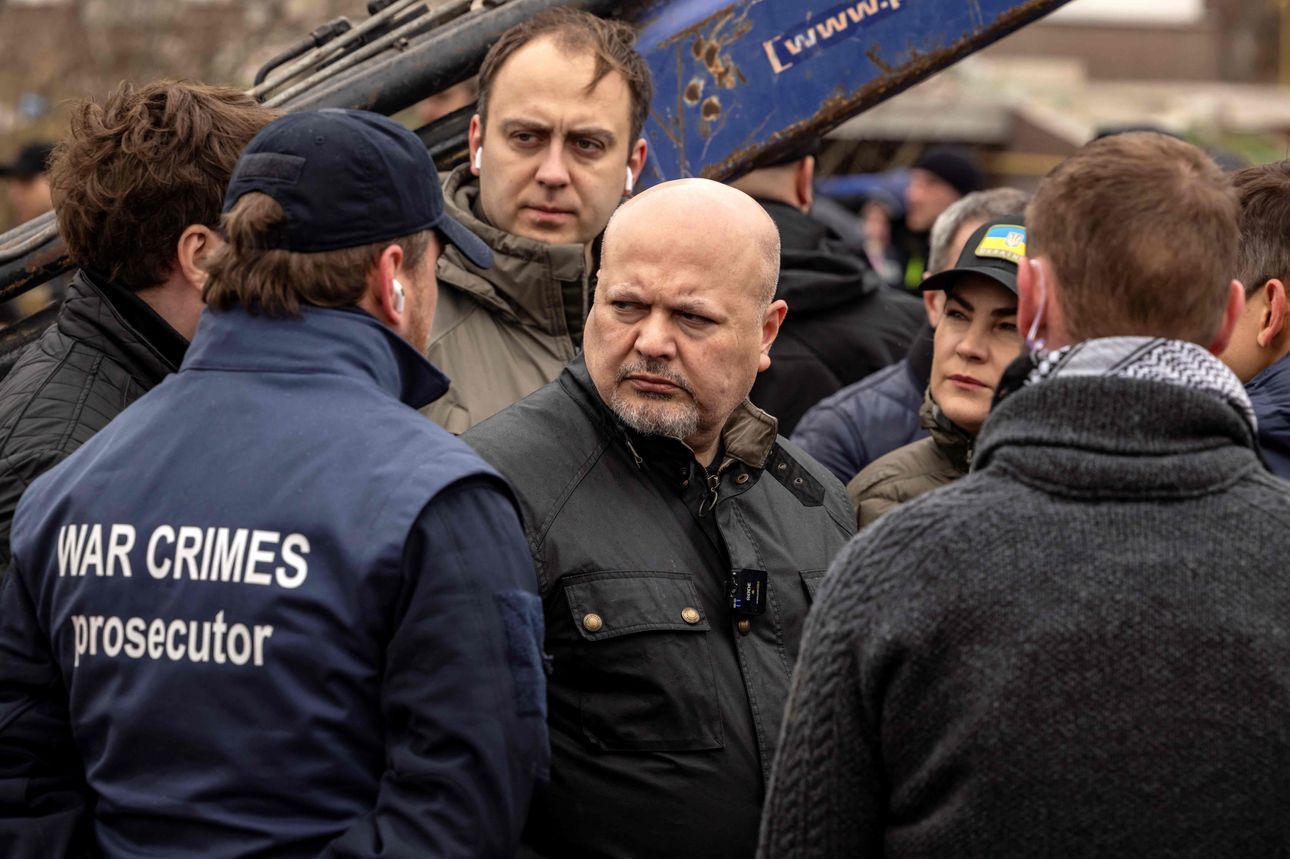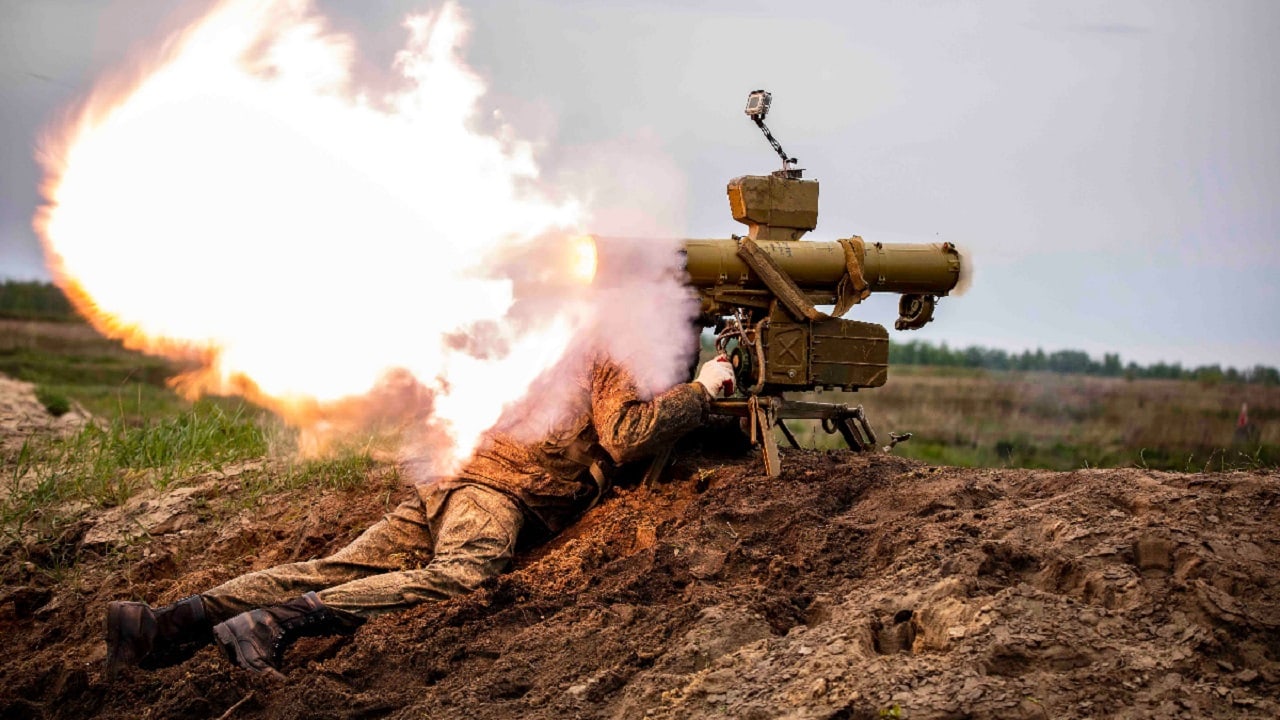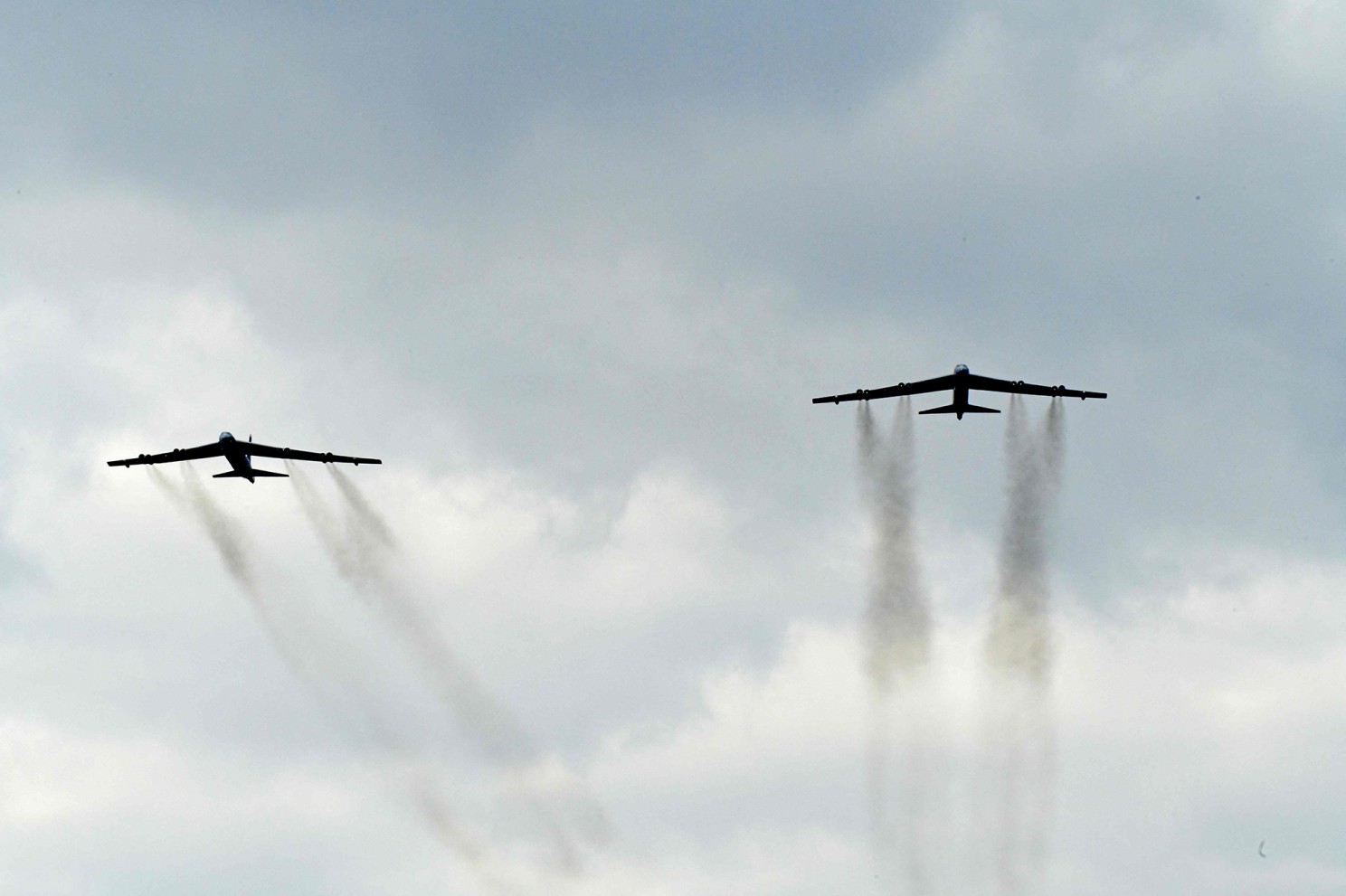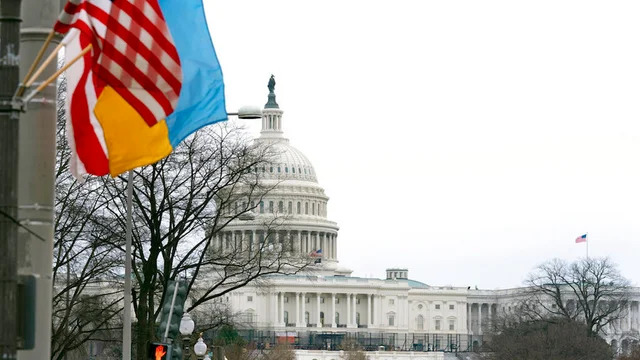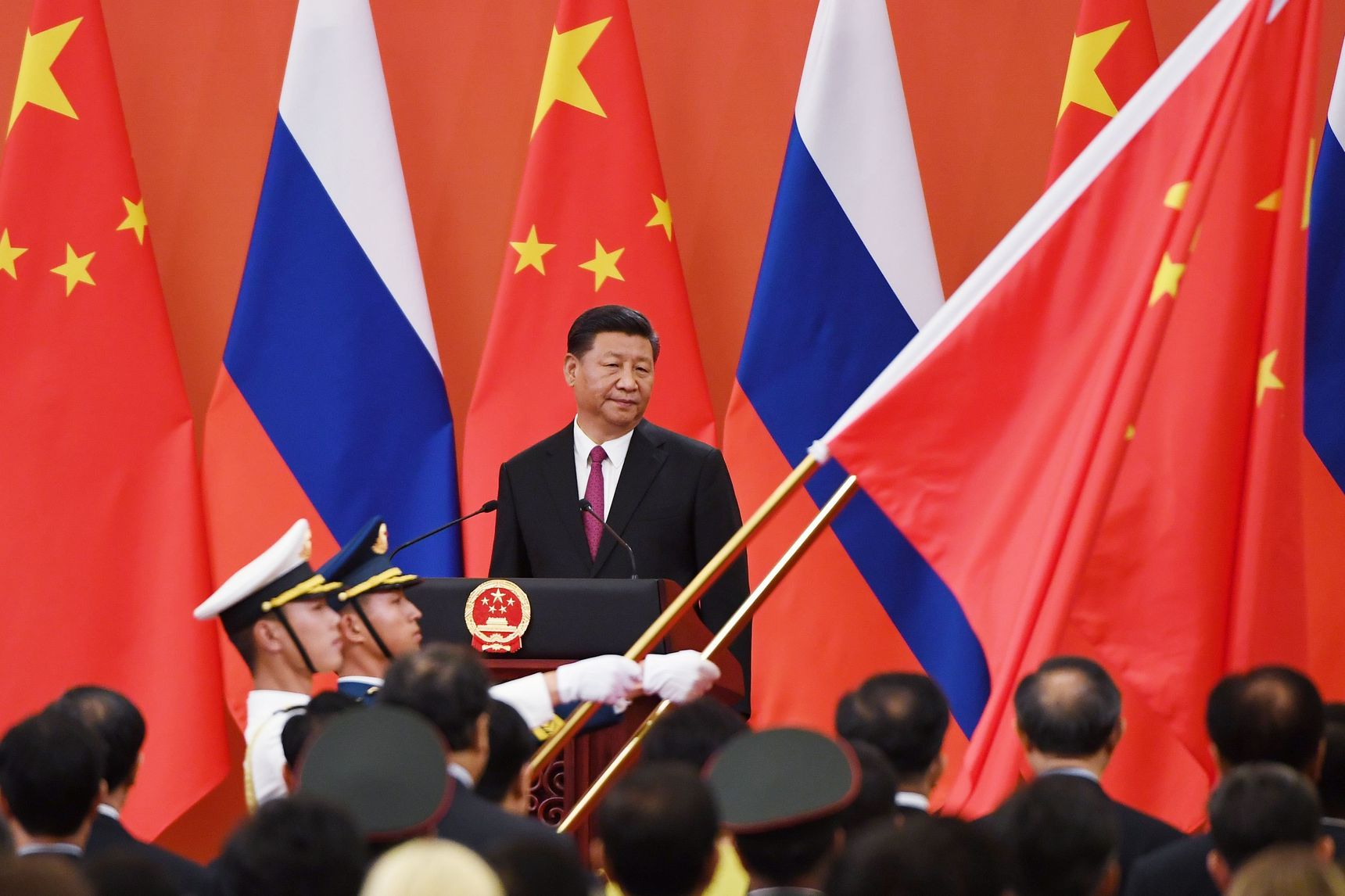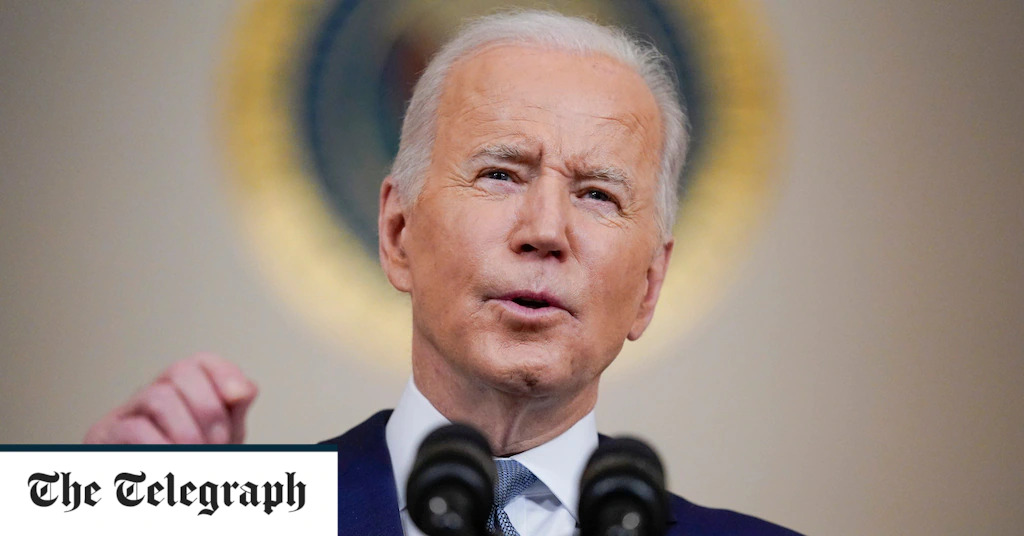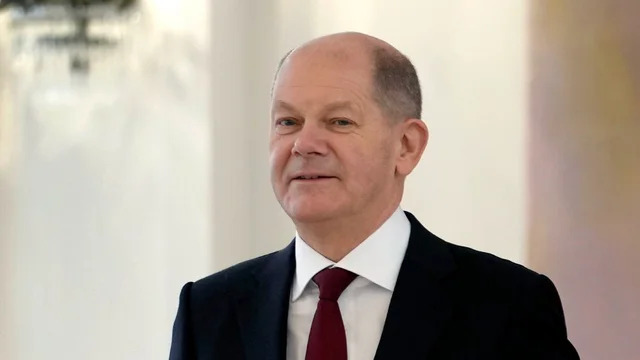This article appeared in 19FortyFive on April 4th, 2022. Click here to view the original article.
Six weeks into Russia’s second invasion of modern Ukraine, Moscow’s stunning military failures dominate the West’s attention. Unsurprisingly, therefore, basic misperceptions are becoming conventional wisdom, thereby potentially distorting future U.S. policy, making it even less effective than at present. The following corrective effort is only illustrative, not exhaustive.
This is not Putin’s war, it’s Russia’s war. Western leaders are deluding themselves to think that Putin alone is responsible for the invasion. As Russia’s president, he obviously makes the final decisions, but he is far from alone in believing passionately that Ukraine (not to mention Belarus and other once-Soviet republics) should be returned to the rodina, Mother Russia. This is certainly true for the siloviki, the “men of power” forming the core of Putin’s advisors, from several of whom I once heard personally their message that Ukraine is a failed, illegitimate state.
Kremlin leaders have a thirty-year obsession with reabsorbing their lost empire. News reports on today’s war often read eerily and confusingly like 2014 news accounts of the Crimea annexation and Donbas invasion, reflecting the West’s historical ignorance and short attention span. The siloviki have many egregious, bloody faults, but short attention is not one of them.
No wonder America’s media and the Biden Administration are surprised by independent polls showing increasing Russian public support for Putin, even in the face of Western sanctions and Moscow’s flagging war effort. Not all Russians feel Putin’s irredentism as deeply as he. A sufficient number do, however, so that whatever else endangers Putin’s regime, public opinion is not only not a threat, it is for now a pillar of regime strength.
Putin does not have a screw loose, nor does he suffer from insufficient, inaccurate information. Not all of Putin’s advisors grovel and snivel, fearing from telling him the truth. Contrary analysis by unnamed Biden administration sources may be elements of our information war against Russia, but they do not describe Kremlin reality. Even in autocratic regimes, there are always advisors more than happy to point out their rivals’ failures, and to provide fulsome evidence to put them in a bad light. Like America, Russia has multiple intelligence agencies that vie bureaucratically for influence and attention. Besides, Soviet embassies don’t need the SVR to communicate back to Moscow what Western media are reporting. There is no upside for every fawning Putin advisor to cover for those who can easily be blamed for evident failures.
The Pentagon offered the most absurd lyrics for the “Putin is uninformed and a little nuts” mantra, speculating that his lack of information could impede ongoing Ukrainian-Russian peace negotiations. For Moscow, these negotiations are merely a propaganda exercise, something affording a patina of reasonableness to its belligerent position. Ironically, it was President Biden who brushed this chatter aside, saying “I don’t want to put too much stock in that at this time because we don’t have that much hard evidence.”
Westerners may not understand how much Putin and company value Ukraine, but that is our problem, not his. We heard this same psychoanalysis in 2014. Angela Merkel among others reportedly believed Putin was “out of touch with reality.” Andrei Illarionov, a former close Putin advisor now in the U.S., corrected her: “People in the West think Putin is irrational or crazy. In fact, he’s very rationale according to his own logic, and very well-prepared. It is not Putin who is out of touch with reality — it is the West.” This rings true. More than once, Putin has said to me, “you have your logic, we have ours; we will see which prevails.”
Part of the problem may be Putin himself. Not his advisors. He may have dismissed hard facts contrary to his preconceptions, a common human failing. It would be an equally grievous mistake, however, for America to think Putin has not by now recovered. Moreover, Russia’s battlefield failures may result from still-endemic corruption and incompetence throughout its military. “Ghost soldiers” whose salaries, weapons, rations and supplies found their way into black markets, as lower-ranking officers submitted false reports on unit strength and readiness up the chain, have now been laid bare. Despite twenty years trying to reform and modernize Russia’s military, the Ukraine conflict demonstrates that these efforts were far from successful.
Russia’s strategic mistakes have cost it dearly, but it has not yet lost the war. Russia did not launch this invasion with only one goal. The Kremlin was likely considering several options, depending on how the war unfolded. With the benefit of 20-20 hindsight, the top-line strategic objective seems to have been capturing Kyiv, overthrowing Zelensky’s government, and replacing it with a Quisling regime under Moscow’s control. This strategic blunder cost Russia numerous opportunities elsewhere in Ukraine that might already have been achieved, in turn enabling Moscow to pursue additional priority objectives. By trying too much at once, however, Moscow’s reach substantially exceeded its grasp, and it failed broadly.
Broadly, but not fatally.
The cliché tells us generals always fight the last war. In 2014, Russia seized the Crimea almost without firing a shot. Indeed, significant portions of Ukraine’s navy defected to Russia’s side. Fighting in the Donbas region was not so successful for Russia, but neither were the military costs high nor subsequent Western sanctions effective. One can easily imagine Moscow’s leaders envisaging a similar scenario in 2022. They were obviously wrong.
Even more importantly, on and after February 24, Russia violated the fundamental military doctrine of force concentration. Instead of aiming at a small number of key targets with overwhelming forces, Moscow attacked broadly with inadequate manpower, firepower and logistics. Ukraine’s heroic resistance was totally unanticipated. The result was failure to win most key objectives: Kyiv, Kharkiv, Odessa and more. Russian arms have had relatively greater success in southern and eastern Ukraine, but even these advances are far from overwhelming.
Now, Russia is belatedly trying to get its act together, withdrawing from areas around Kyiv and other northern cities Ukraine, perhaps back into Belarus and Russia, to regroup, reinforce and resupply. Moscow will either try again in the north, or redeploy these forces to the
east and south, where reinforcements are arriving from existing deployments in Georgia, the Middle East and elsewhere. The media report Syrian soldiers returning Russia’s earlier favors to Assad’s regime by coming to Ukraine, likely without crash courses on the Geneva Conventions.
The Kremlin’s goal now will likely be maximizing its military and political control throughout southern and eastern Ukraine. Russia’s overarching goal of fully conquering Ukraine is almost certainly out of reach for now, but there are many alternative, subsidiary objectives. If Putin could accomplish significant elements of these lesser goals, he would be well-placed to persuade Russia’s public that the war was worthwhile, and to induce all-too-many Westerners to turn the page, and return to “normal” economic and political relations.
Almost certainly the critical second-tier objective is control over Ukraine’s substantially Russophile areas, effectively splitting the country in two. The Kremlin’s targets are southern Ukraine, particularly control over the Black Sea’s strategically important northern coast, and eastern Ukraine, east of the Dnieper River to the city of Dnipropetrovsk and then north to the Russian border. Broadly speaking, eight Ukrainian oblasts (in addition to Crimea) are involved: Kharkiv, Luhansk, Donetsk, Dnipropetrovsk, Zaporizhzhia, Kherson, Mykolaiv, and Odessa.
These oblasts are predominantly or substantially Russian-speaking and Russian Orthodox, as compared to areas more Ukrainian-speaking, Ukrainian Orthodox or Catholic. This, of course, is the Kremlin’s view, not an exercise in Wilsonian self-determination. Because Ukraine’s demographic distribution looks like a bad case of measles, and citizens are often ambivalent or conflicted in their religious loyalties, these characterizations are not bright lines. Russia may well fail to conquer all this territory, but the more it seizes, the stronger its bargaining position when negotiations actually turn serious.
For now, Russia’s military position in eastern Ukraine is relatively strong, and “victory” entirely possible. Along the Black Sea, however, Moscow had been blocked, and Odessa seems beyond its grasp at the moment. Nonetheless, if Moscow reconstitutes its forces, coordinates its land, sea and air efforts, and Western support for Ukraine’s military insufficient, taking Odessa is still feasible. With the east and much of the south secure, Russia could make territorial “concessions” by withdrawing from areas it still holds in the north, but which are no longer tenable long-term. Putin is counting on flagging Western interest and unity. This would make it difficult and costly if not impossible to push Russia from what it holds near its current borders and Crimea. Uti possidetis remains a powerful form of diplomatic inertia.
Washington needs to step up its leadership, and NATO its performance. Let’s be clear: NATO is not fully united. The West must do better in tightening the economic noose around Russia and increasing and speeding its military assistance to Ukraine. Performance to date is mixed. Despite incessant hosannas about Alliance unity, the West is already fraying. The United Kingdom and the United States have led in supplying hardware and intelligence, but others, like France and Germany, have lagged, starting with Berlin’s pre-war offer of 5,000 military helmets, and continuing later by supplying former East German Strela missiles, over thirty years old, that did not work. Time and again, President Biden has responded to pressure from Congress and the Allies rather than leading himself, acting either belatedly or not at all, as in his refusal to authorize transferring the Polish MiGs.
Remember, every day the war grinds on is further evidence of NATO’s fundamental, unalterable shame: failing to deter Russia in the first place because of shredded credibility (see Georgia, 2008, Ukraine, 2014, and the 2021 Afghanistan withdrawal); grossly inadequate threats
of future punishment through selective, inadequate sanctions; and Biden’s early December unforced error, rejecting even the possibility of U.S. force, in exchange for exactly nothing.
This pattern must be reversed, and quickly. Given Russia’s mistakes so far, it would be a fool’s errand to bet it can successfully reculer pour mieux saute, but it is at least possible. We are likely therefore in a slow-motion race to see whether Moscow can get off its back before Ukraine’s military breaks under the strains (incompletely reported by Western media) it has felt. Time is on Moscow’s side, so slow or inadequate Western resupply efforts could be ruinous. The Western is not unified on sanctions.
Europe’s purchases of Russian oil and gas continue, and China, India and others are providing financial lifelines keeping Russia’s economy afloat. Looking ahead, the real efficacy of sanctions turns on rigorous enforcement and enhancement to close loopholes as Russia creates them. The best day for any sanctions’ regime is the day it is announced, dropping rapidly if the sanctioning powers are not as least as creative as their target. Historically, U.S. sanctions enforcement and enhancement has been decidedly mixed, and the Europeans are, to be polite, far from diligent. Modern history’s most effective and comprehensive sanctions were imposed on Iraq after it invaded Kuwait in 1990. Enforced by the U.S. and allied militaries, even these were not enough to oust Saddam’s invading forces.
The Alliance’s biggest test will be maintaining diplomatic unity at the inevitable moment when Moscow decides on serious negotiations. The siloviki see the West’s weakness for money not for the ideological reasons of their Communist predecessors, but with at last equal clarity. Already, France and Germany are searching for ways to end military hostilities before one side or the other scores a decisive victory, thus freezing the conflict without materially resolving it. This would certainly be the typical European approach. If, however, Russia emerges from its current military debacle with anything even remotely smacking of victory, the reverberations in Europe and worldwide, especially in Beijing, will be enormous. Nattering on about NATO unity may warm hearts in elite Washington circles, but all that talk is worth what you pay for it. American leadership and NATO performance to date have been inadequate. Face up to it.
The clear lesson is that Americans should not bliss out prematurely. This is a European conflict. Think Thirty Years War or Hundred Years War. Putin is
